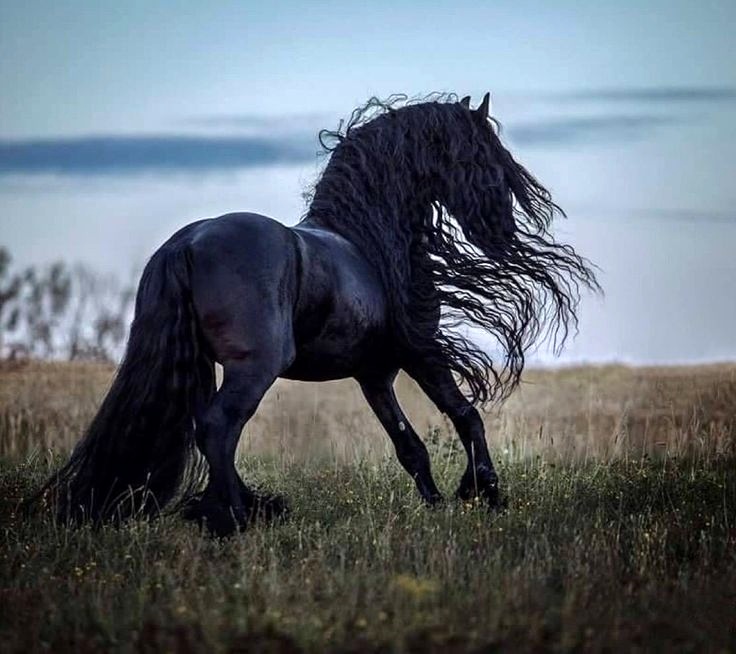Horse racing is a popular sport that is enjoyed by millions of people around the world. As such, the safety and well-being of the horses involved in the sport are of paramount importance. One of the practices that has been debated over the years is the use of tongue-tying devices on racehorses. This article will discuss the reasons why racehorses have their tongues tied and the controversy surrounding this practice.
What Is Tongue-Tying?
Tongue-tying is a practice in which a horse’s tongue is tied to its lower jaw with a piece of material, such as string or a bandage. This is done to prevent the horse from being able to swallow its own saliva or from being able to move its tongue around freely. The practice has been used for centuries and is still used today in some countries.
Why Do Racehorses Have Their Tongues Tied?
There are a few reasons why racehorses have their tongues tied. The primary reason is to prevent the horse from choking on its own saliva. Horses can produce a lot of saliva when they are running, and if the tongue is not tied back, the saliva can get into their airway and cause them to choke. This can be dangerous and even fatal.
Another reason why racehorses have their tongues tied is to prevent the tongue from becoming entwined in the bit. Horses can move their tongues around when they are running, and this can cause the bit to become entangled in the tongue. This can be painful and can lead to injuries, so the practice of tongue-tying helps to prevent this from happening.
Finally, some people believe that tongue-tying can help to improve the horse’s performance by providing the horse with a better sense of balance and control. This is because the horse is not able to move its tongue around as much, which can help it to focus and stay on track.
The Controversy Surrounding Tongue-Tying
While there are some benefits to tongue-tying, there is also a lot of controversy surrounding the practice. The primary concern is that it can be painful for the horse, as the material used to tie the tongue can be very tight and can cause discomfort. Additionally, some people are concerned that the practice can limit the horse’s ability to breathe properly, which can be dangerous during the race.
There is also a concern that tongue-tying can be used to mask pain or other issues that the horse may be experiencing. This is because the horse cannot show any discomfort due to the tongue being tied back. As such, the practice has been banned in some countries, such as the United Kingdom, in order to protect the welfare of the horse.
Conclusion
Tongue-tying is a controversial practice that has been used for centuries, and there are a few reasons why racehorses have their tongues tied. The primary reason is to prevent the horse from choking on its own saliva and to prevent the bit from becoming entangled in the tongue. Additionally, some people believe that tongue-tying can help to improve the horse’s performance. However, there are also some concerns about the practice, as it can be painful for the horse and can be used to mask pain or other issues. Ultimately, it is up to each individual horse owner to decide whether or not they want to use tongue-tying on their horse.

